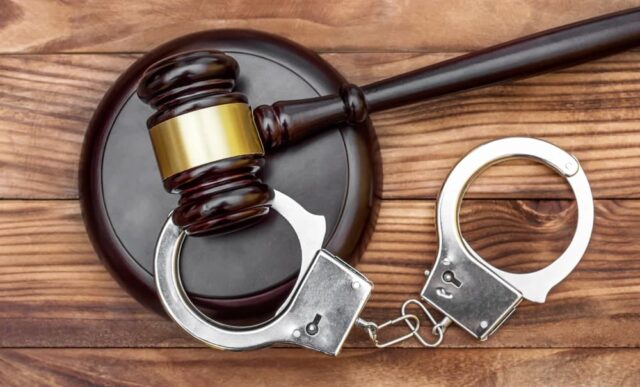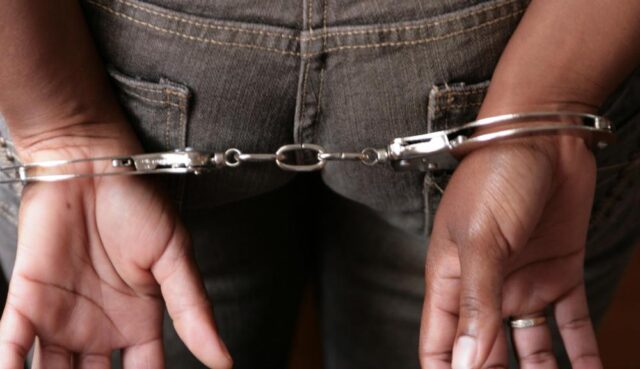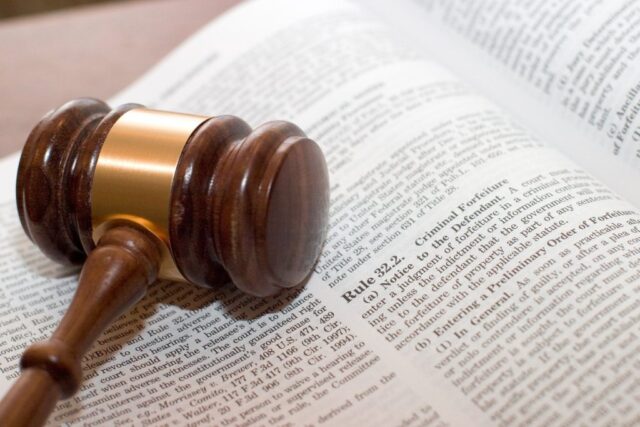
When facing a criminal charge, they will likely lean towards defenses. Defenses can help the accused prove their innocence. While most people know to search for reasons, they need to see the type of defense they are dealing with. Unawareness about the kind of defenses can lead one to misuse defenses in their proceeding criminal charge.
In such cases, hiring a lawyer and asking them to take over legal representation will be ideal. If you need help with legal representation, you can click here for professional legal expertise. Below are some of the types of defenses used in defending criminal charges. Being aware could help you to use a defense more effectively.
What is a criminal defense?

Criminal defense refers to the actions the defendant and their attorney take before, during, and after the court trial. This is done to ensure that the defendant gets the best possible result. This may include cross-examinations, witness questioning, plea negotiations, and more. In the United States, the burden of proof when it comes to criminal defendants is on the prosecuting attorneys and not the defendant.
Commonly used strategies and tactics

Attorneys most commonly use some criminal defense strategies and tactics. Some of these strategies and tactics are:
- Dismissing charges
Seeking an outright and complete dismissal of charges is often a priority for lawyers. However, even though this benefits the client, it is not so easy to attain. It is a good approach as it reduces the amount of work the lawyer has to do, including further efforts and charges needed for trial.
- Leniency on first-time offenses
Another strategy that many lawyers use is to point out how the incident is not a pattern of criminal behavior and, instead, was merely a one-time incident.
- Plea bargains
In some cases, the lawyers must focus their efforts on asking for a minimized penalty. If you have a weak case, there is a chance that asking for a reduced charge is the best conclusion your case can have.
Types of criminal defenses:
- Self-defense
Self-defense is among several people’s most common types of criminal defense. Such a type of defense can be employed in cases of assault or battery. It could also be applicable in cases of murder. When the accused pleads self-defense, the defendant will likely claim they caused harm or killed the victim to protect themselves.
While most movies and shows will depict self-defense as an easy win, you must know that it can be complex, and claiming self-defense can be significantly tricky. It will be necessary for the plaintiff to hire a lawyer when using self-defense for a criminal charge.
- Innocence

Pleading innocence might seem straightforward. However, the plaintiff and the attorney must do much more than collect witness testimonials stating they did not commit the crime. An expert criminal defense attorney will spend significant time building a defense strategy that proves the plaintiff is innocent.
When proving innocence, it will be necessary to search for eyewitnesses willing to testify and gather evidence pointing to the plaintiff’s innocence. In some cases of using innocence as self-defense, the plaintiff might be required to prove evidence, while vital alibi witnesses will be enough in others.
- Constitutional violations
Everyone has a right to protection under the constitution, whether guilty or not. Constitutional violations can be expected in trials. Such a type of self-defense can be used concerning the circumstances of the arrest for a crime, the manner of evidence collection, or the treatment of the defendants. When the constitution is violated during a legal process, the plaintiff will likely get their charges dismissed.
Constitutional violations can also make the prosecution agree to a specific plea or charge, which could be achieved by negotiating for a less harsh criminal charge. An experienced and professional attorney will immediately start finding constitutional violations as it is one of the most effective self-defense.
- Insanity
When proving the insanity defense, you will need to prove that you, without a doubt, have a mental disorder that does not allow you to see right or wrong. Or, you should prove that your mental disorder makes you incapable of resisting your violent urges or stopping your actions.
When proving the insanity defense, you may avoid incarceration, but you may then be needed to be treated at a psychiatric institution. In many cases, establishing insanity is not easy.
- Intoxication
The intoxication defense is similar to the insanity defense, as this also requires you to prove that you did not understand what you were doing. Hence, you could not meet all the elements of the offense. This is even easier in cases of involuntary intoxication, as it implies that the defendant was drugged and thus was not aware of what they were doing or could not discern right or wrong. This takes away any intent for the crime.
- Mistake of law and mistake of fact
Depending on the situation, a mistake of fact or law defense can be used. This means that the defendant was not aware of the elements of the charge and was not aware that they were doing something illegal.
- Alibi
In the alibi defense, the defendant provides proof of their whereabouts during the time frame of the accident. If the defendant proves their alibi, that means they are proving that they could not have committed the crime. Supporting evidence would be needed, such as phone records, surveillance footage, witness statements, receipts, etc.
- Duress or coercion
Another criminal defense that can be used is duress, which means that the defendant was forced or threatened into committing the crime. However, you should remember that breaking the law is still not justified, even due to duress. Moreover, duress usually only works for small crimes and is inadequate for severe crimes.
Schedule a consultation with a criminal defense attorney today

If you are facing a criminal charge, you need the best kind of legal help on your side. Talk to an experienced criminal defense lawyer today, get help with your case, and resolve any queries you may have.











